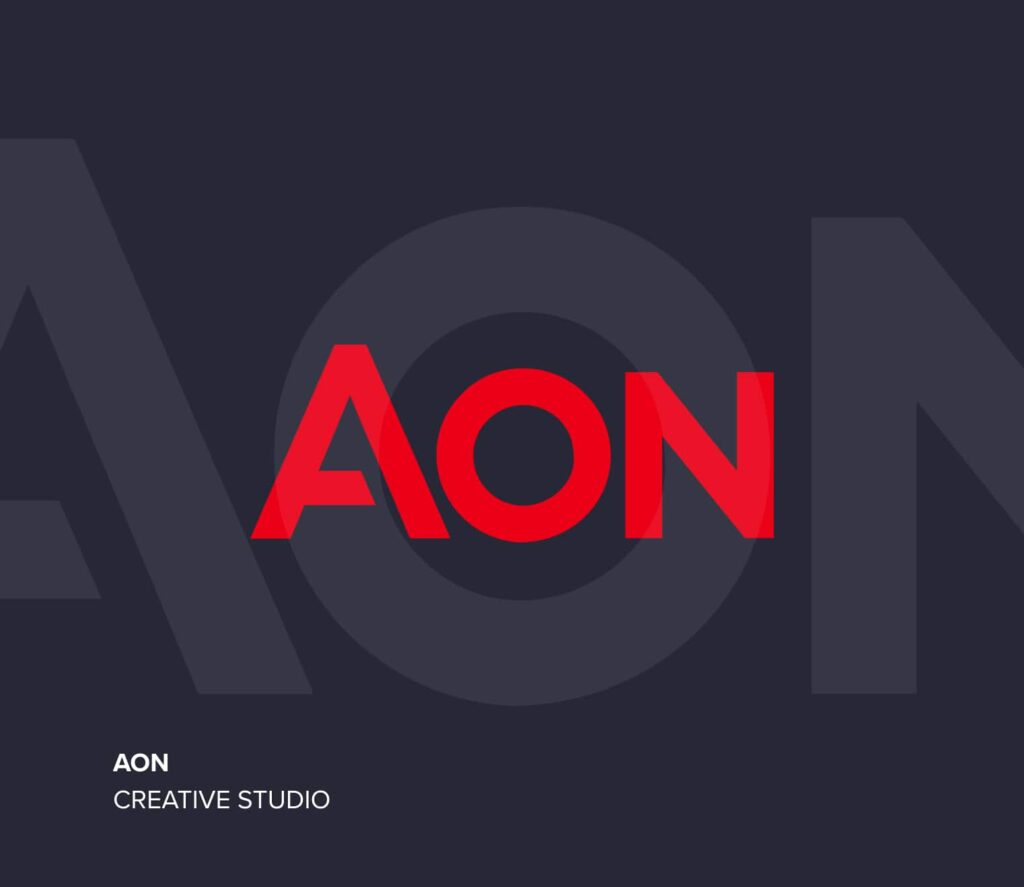As part of Mental Health Awareness Week in the UK, I had the pleasure of speaking to Simon Scott, a leadership impact coach from Coaching Impact (CI), on the evolving attitudes towards mental health and his work with leaders across business, including start-ups, charities and sport.
Simon supports leaders at times when they are facing significant opportunities and challenges and helps them to achieve more through their leadership impact, while learning fast and growing stronger at the same time. Simon has been working with the Vested UK team since early last year to enable us all to think and act differently when it comes to self care, resilience and performance in the current times of uncertainty and ambiguity.
How have you seen attitudes towards mental health change in recent years?
Leaders seem to be more aware of the importance of looking after their own personal energy and the impact that this can have on their happiness, relationships, health and performance. Increasingly they are making it a priority to ensure there are provisions in place to support their teams to better manage their own energy health too. Mental health is a vital part of this.
In the work that I do, I encourage clients to be more aware of the links between their body and physical energy (we call this their SHED – Sleep, Hydration, Exercise, Diet), their mood energy and their mind energy. All three play a part in their mental health and all three offer actionable ideas, in everyone’s control, that help leaders to take more care of themselves and encourage their teams to do the same. As the ‘no more normal’ world gets more unpredictable and uncomfortable, self-care is going to become more critical. In CI we call this proper selfishness, putting your own oxygen mask on before helping others with theirs.
In my opinion, mental health isn’t just being stronger. No one I know is strong all the time. For me the key is to be honest with ourselves when we are not ok. I include myself in this and I have found it essential, from time to time, to tell myself; “It’s ok not to be ok!” and then to ask for help. (Thank you to the remarkable Claire Danson for this). Sometimes it takes other people to spot that we are not ok too and I think it is important we make it easy for these people to speak up.
What type of conversations are you having with leaders around handling these pressures on a daily basis?
Most of my conversations with leaders are about their performance imperatives and their teams. We often also talk about the personal energy choices they are making, and how these choices might better add to (rather than take away from) their own performance and their team’s ability to act and learn too.
The most consistent themes are; share how you feel, focus on what you can control, look after your SHED and choose your mood.
At a practical level, how are you working with leaders to help them on this journey?
Fundamentally there are three areas, in our control, that can help us to choose our mood. Body posture, breath and self-talk. Body posture is a form of non-verbal self-talk and it has the power to dictate our mood – if we let it. Try to be excited when you are in a low energy posture (it’s why laughter can shift mood very quickly). Belly breathing (AKA combat breathing) to whatever count works for you, has the power to increase self-control. Choosing the self-talk in our heads is always more useful than letting circumstance impose potentially harmful chatter to us. Self-talk either helps us or harms us, there is no neutral.
Of course there is much more to mental health than these practices and SHED, but I do urge people to try and develop these as habits. If we don’t need them now – we will at some point.
As I observe it, everyone knows about these practices, most have probably tried them, but very few actually put in the deliberate practice necessary to make them habits they can rely on when times get tough.
Aside from individual leaders, what should businesses be thinking about in relation to mental and mood health?
While I applaud the businesses who are paying much greater awareness to this topic, I also wonder if more can be done to focus on building new habits. I think this means choosing one or two practices to focus on at a time and then creating routines to ensure frequent, quality and incremental deliberate practice. It is the sustained deliberate practice of the practices that makes them effective in helping with mood health. Quite simply, these techniques need to be able to survive the highest times of distress. But if we haven’t practiced the techniques in high pressure situations, they will abandon us.
Finally, what tips do you have for those looking to develop new techniques to support their mental and mood health?
When people are feeling distressed and possibly out of control, I suggest TCP! Not the antiseptic but a simple 3-part practice: Talk, Choose, Plan.
It is really important that people have others they can talk to during challenging times as talking acts as an emotional release. Talk to release and share rather than solve! Talk is often about the areas out of personal control. Choose helps nudge a focus on what is controllable, often more than people expect. Plan is about deciding on a short-term aim and getting into a simple first step. As some say; “Action cures fear”.
If you are interested in reading more about the techniques Simon discussed, you can find additional information in The Shed Method which covers a series of practices, personal routines and rituals that can help people make better choices in their everyday life.


